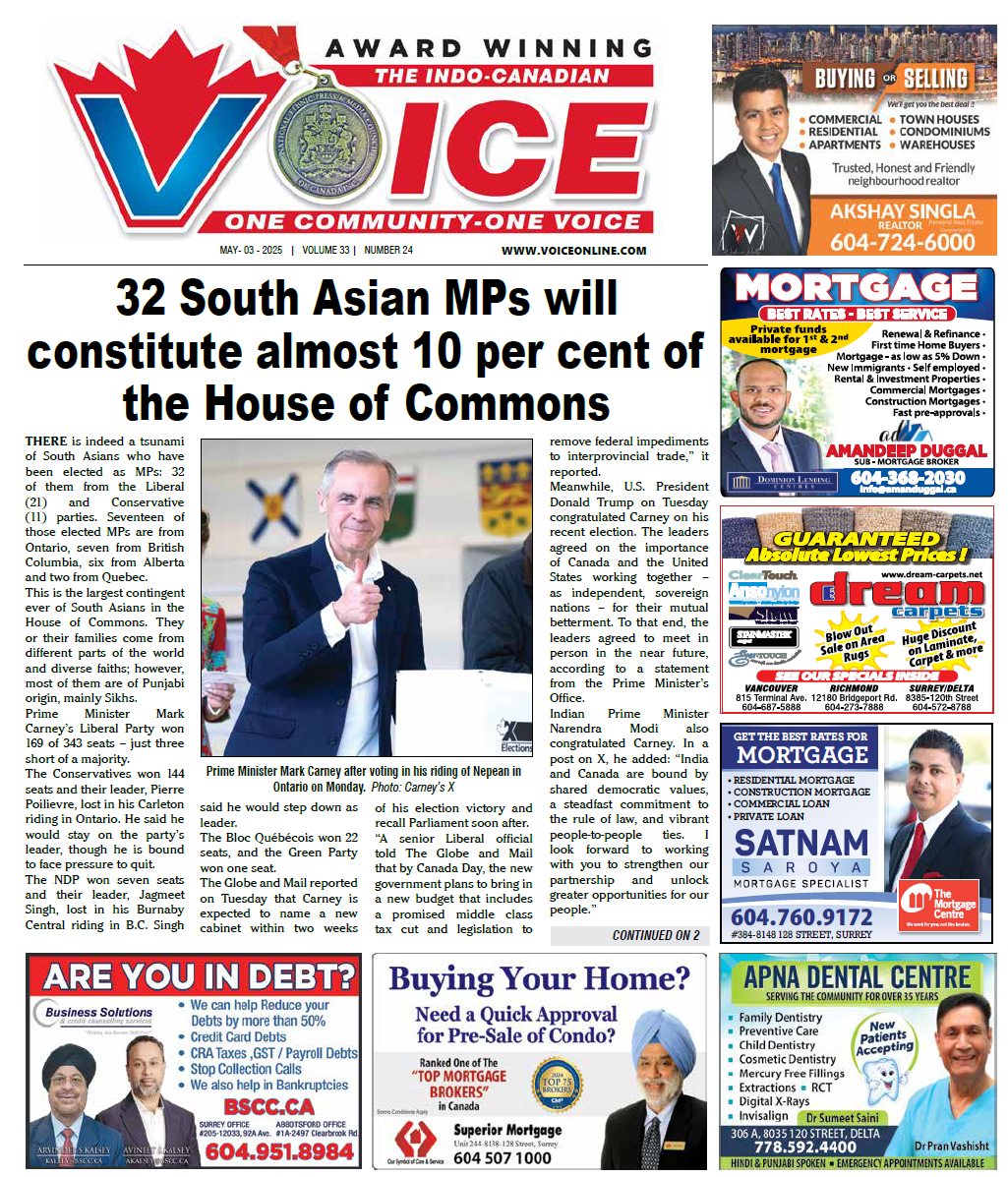THE perceptions of British Columbians on the possibility of being affected by criminal activity have not gone through a significant fluctuation over the past year and a half, a new Research Co. poll has found.
In the online survey of a representative provincial sample, two-thirds of British Columbians (68%) say they would feel “very safe” or “moderately safe” walking alone in their own neighbourhood after dark—unchanged since a similar Research Co. poll conducted in August 2019.
More than seven-in-ten residents of the Fraser Valley (72%) and Metro Vancouver (71%) say they would feel safe walking alone in their own neighbourhood after dark, compared to 67% in Southern BC and 56% in both Vancouver Island and Northern BC.
Just over two-in-five British Columbians (41%, +1 since August 2019) say they fear becoming victims of a crime in their community “a great deal” or “a fair amount”, while almost three-in-five (58%) do not.
British Columbians aged 18-to-34 are more likely to fear becoming victims of crime (53%) than their counterparts aged 35-to-54 (46%) and aged 55 and over (33%).
When asked about the current situation regarding crime in their community, more than a third of British Columbians blame addiction and mental health issues (45%) and gangs and the illegal drug trade (38%).
Smaller proportions of the province’s residents point the finger at poverty and inequality (26%), an inadequate court system (26%), lack of values and the improper education for youth (24%), a bad economy and unemployment (19%), insufficient policing and a lack of resources to combat crime (16%) and immigrants and minorities (9%).
“In April, 27% of British Columbians suggested that insufficient policing was one of the factors to blame for criminal activity in their community,” says Mario Canseco, President of Research Co. “In December, only 16% feel the same way.”
Four-in-five British Columbians (80%, +1 since a similar Research Co. survey conducted in September 2018) support enacting a ban on handguns within the limits of their municipality, while a slightly higher proportion (83%, -3) would prohibit military-style assault weapons.
Results are based on an online study conducted from December 14 to 16, and the margin of error is +/- 3.5 percentage points.













